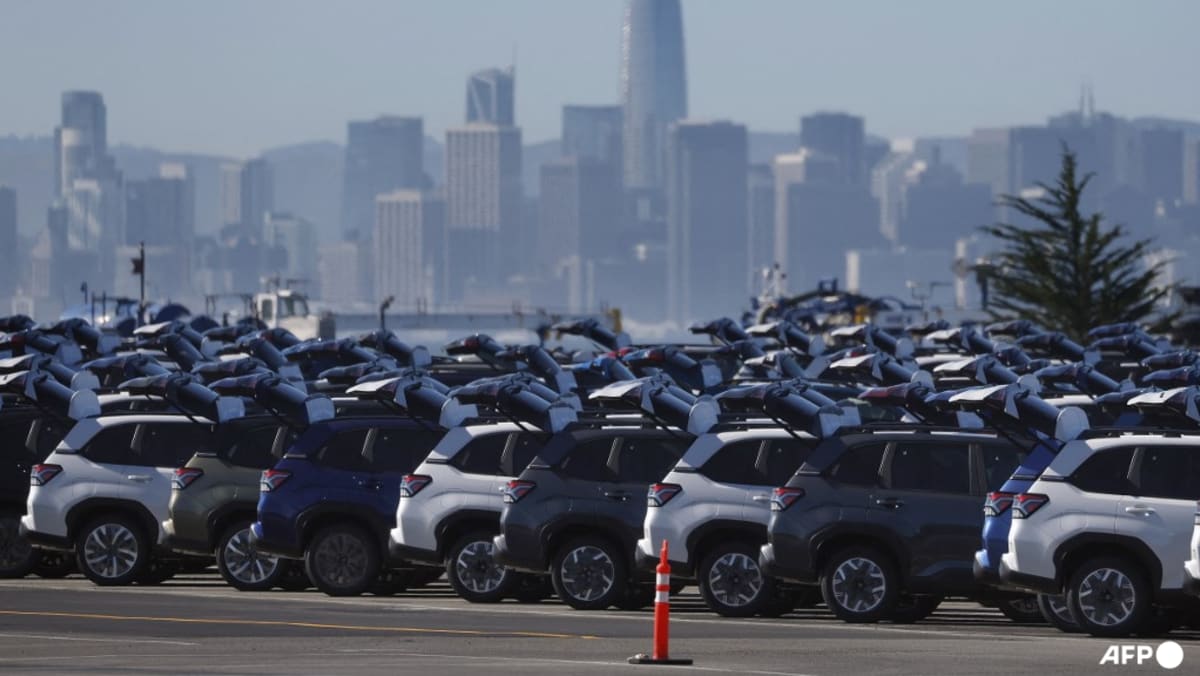TRUMP’S HISTORY WITH TARIFFS
Trump has hyped up his impending announcement on reciprocal tariffs as Liberation Day because his policies aim to free the US economy from dependence on foreign goods.
“We’re going to charge countries for doing business in our country and taking our jobs, taking our wealth, taking a lot of things that they’ve been taking over the years,” Trump said last week when he announced 25 per cent auto tariffs.
“They’ve taken so much out of our country, friend and foe. And, frankly, friend has been oftentimes much worse than foe.”
Trump’s displeasure with trade ties between the US and the global economy can be traced back to the 1980s.
In an interview with CNN’s Larry King in 1987, when he discussed getting into politics, Trump said: “A lot of people are tired of watching other countries ripping off the US.”
He added: “Behind our backs, they laugh at us because of our own stupidity.”
While the main target of his ire at the time was Japan, China entered his crosshairs by the 1990s and early 2000s, and Beijing remains one of his top tariff targets, along with Canada, Mexico and the EU.
In his successful 2016 election campaign, Trump stepped up the rhetoric, saying: “We can’t continue to allow China to rape our country.”
In 2018, he declared in a social media post that he was a “Tariff Man”.
During his second term, Trump also started citing a historical precedent going back more than a century – President William McKinley.
McKinley’s passion for both territorial expansion and economic protectionism during his time in office from 1897 to 1901 could have been the model for Trump’s “Make America Great Again” policies.
“President McKinley made our country very rich through tariffs and through talent – he was a natural businessman,” Trump said in his inauguration speech in January.
America’s tariffs are generally lower than those of its trading partners. After World War II, the US pushed for other countries to lower trade barriers and tariffs, seeing free trade as a way to promote peace, prosperity and American exports around the world.
And it mostly practised what it preached, generally keeping its own tariffs low and giving American consumers access to inexpensive foreign goods.
Trump has broken with that free trade consensus, saying unfair foreign competition has hurt American manufacturers and devastated factory towns in the American heartland.
Most economists say nothing good would come out of scrambling the tariff code.
They say the tariffs would get passed along to consumers in the form of higher prices for autos, groceries, housing and other goods. Corporate profits could be lower and growth more sluggish.
Trump maintains that more companies would open factories to avoid the taxes, although that process could take three years or more.
